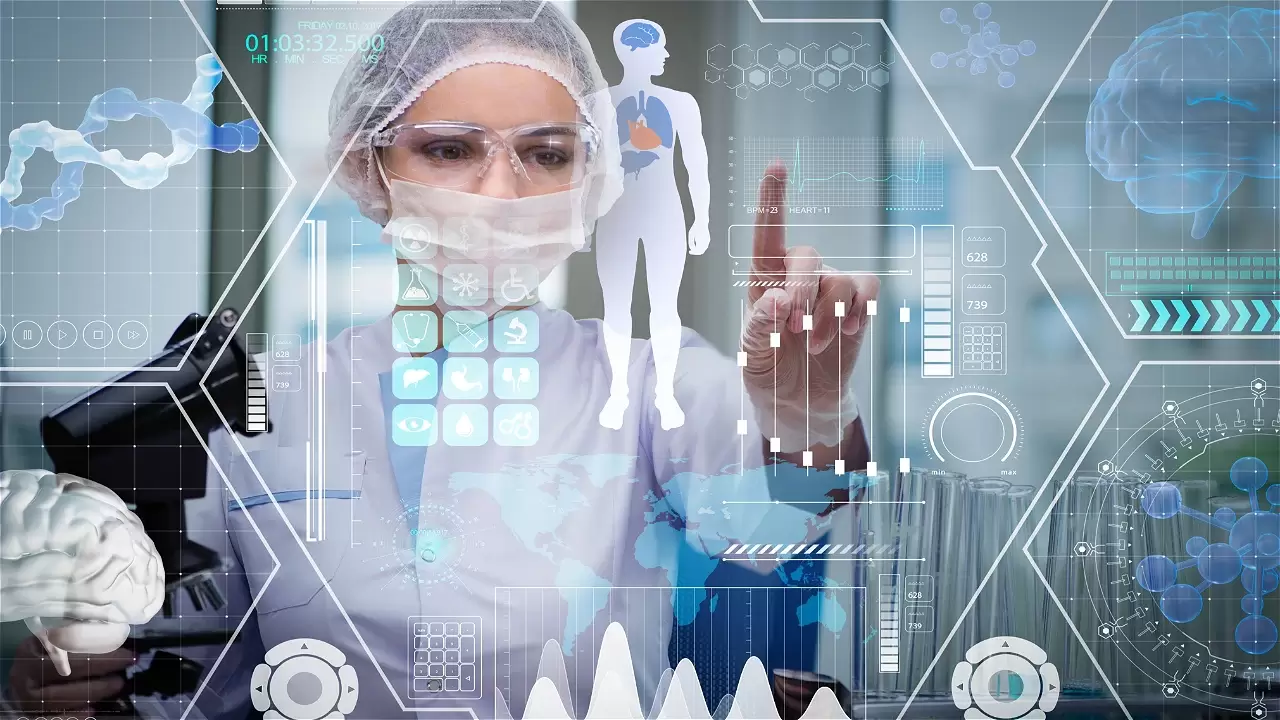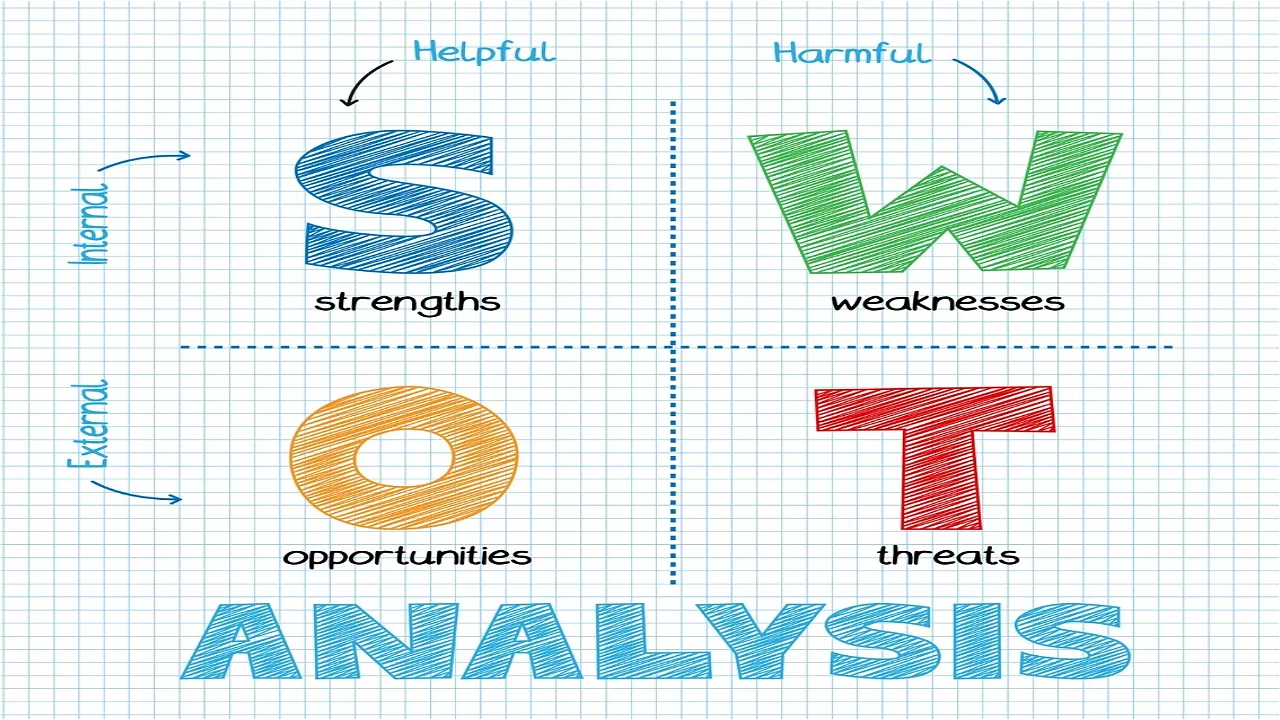
Artificial intelligence provokes justified controversy regarding various moral issues related to the implementation of Artificial Intelligence (AI) in medicine.
- Artificial Intelligence (AI) is an unprecedented revolution in information processing. After the birth pangs of the new technology are resolved and, in my opinion, a supervision and control mechanism for the development of artificial intelligence is implemented, it becomes evident that there is no substitute for artificial intelligence in processing an infinite and growing amount of complex medical information.
An in-depth analysis using the SWOT model (strengths, weaknesses, opportunities, and threats) of the need for artificial intelligence in medical services reveals an immediate requirement to design an artificial intelligence system that will serve as a platform for all advanced medical services in the 21st century.
Introduction - Global Trends in Medical and Healthcare Services.
- Adolescent population. (In many countries around the world)
- Chronic morbidity (of all kinds) is on the rise.
- Highly advanced medical technology generates a substantial amount of information.
- The amount of information the doctor must process in minutes is impossible!
- Prolonged and profound shortage of physicians and medical staff. The duration of training for doctors and medical staff is long.
- Multiple working hours of physicians and treating staff decrease the quality of diagnosis and treatment.
The lack of medical services is inevitable. Queues are a matter of routine, and the price of medical services is steadily rising.
SWOT analysis regarding the initiation of artificial intelligence in medicine.

Artificial intelligence's strengths in medicine.
It enables the creation of a platform for all the essential information needed to maintain our health. The project can be carried out in a modular manner.
Implementing AI from an economic-social point of view.
- Enables effective preventative medicine before the patient has already fallen ill!
- Improved diagnoses (fewer false diagnoses) and treatments.
- Better allocation of resources. Shorter queues. Minimization of health expenses.
- Freeing up time will allow doctors to focus on cases and take advantage of human contact.
From the public's perspective.
- Full availability of information worldwide. No need to file multiple papers.
- There is much less bureaucracy and visits to doctors whose primary purpose is a referral (to a specialist doctor or complementary tests)
- Reducing the prices of medical services will benefit the weaker sections of the population.
The outcome >> Improved satisfaction of the general population.
Weaknesses of artificial intelligence in medicine.
Establishing databases and a computing platform for all medical services will require legislation and a corresponding budget.
- Efficiency means that, in the long run, the medical secretary services will almost disappear. (Opposition from unionized workers is expected.)
- It is a highly complex project, involving numerous political and interested parties.
- The personal connection between the medical staff and the patient will dissipate.
Opportunities of artificial intelligence in medicine. The 21st Century Revolution in Medical Services.
A platform that will support the advanced technological infrastructure of medical services for the coming decades and the enormous challenges of medicine.
- Without a platform that merges vast information on nutrition, lifestyle, preventive medicine, diagnosis, and various treatments (some futuristic), it will be impossible to meet the population's needs. Custom therapy requires a substantial amount of data from various sources. It is imperative to produce such integration with a sophisticated and modular platform.
Threats of artificial intelligence in medicine.
- Databases that centralize sensitive personal information will require top-level information security.
- Abuse by private entities, after people, may lead them to allow commercial entities access to personal data.
- Loss of "human" contact with the treating staff, especially in routine non-emergency encounters.
What information can be integrated into an artificial intelligence platform?
- Detailed information on nutrition and lifestyle.
- Family heredity and personal genetic decipherment.
- Preventive medicine and various vaccines.
- History of visits to doctors, hospitalizations, and psychiatry.
- Medications that the patient has taken in the past and present.
- Financial, insurance, and managerial information.
As new modules are added, the system will become more efficient and provide more detailed recommendations.
Who can carry out the project? Where does the funding for such a mega-project come from?
Governments must initiate the project because legislation and supervision are required. Commercial companies will implement the project in a modular manner through tenders, as is customary.
- The project, estimated to cost tens of billions of dollars over a decade or more, can be financed by issuing tradable bonds to the public for 20-25 years.
- Since a project is expected to facilitate effective medical services, a financial structure can be created in which the public that buys the bonds will enjoy an excess yield derived from the vast savings in health budgets.
- A government guarantee for bondholders and a safety net in meeting milestones throughout the life of the project will ensure that the state raises funds at relatively low debt prices (without spending surplus funds on regular health budgets)
The huge challenge is not only technological but also methodological! Artificial intelligence is built on algorithms.
- The medical establishment and its branches must sharpen and formulate a guiding philosophy. Otherwise, medicine will continue to treat the symptoms of chronic diseases rather than their causes, which are often not fully understood.
Bringing professionals from various fields, including medicine, psychiatry, and nutrition, to reach sweeping agreements is particularly challenging. Still, it is no less necessary than setting up an artificial intelligence platform.
Summary, Conclusions, and Recommendations
- Artificial intelligence in medicine is a necessity. It will already be operational by the middle of the 21st century because there is no alternative. The main cost of artificial intelligence would be the loss of human touch during routine encounters. The resource savings are enormous on every scale. The high yield of an artificial intelligence project will justify the vast infrastructure investment in its construction. Implementing artificial intelligence will have a significant impact on the entire medical industry.
Executing a project of this magnitude takes years and typically requires a government initiative. The planning and infrastructure should start immediately.

The ongoing global shortage of doctors and medical staff, with a sharp increase in chronic morbidity and an average visit time of a few minutes, necessitates the transition to medical treatment using artificial intelligence.

